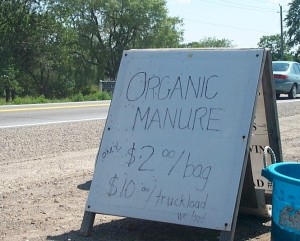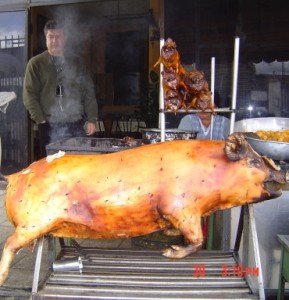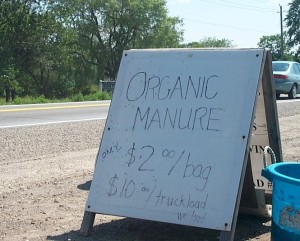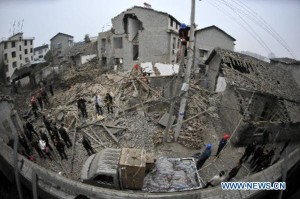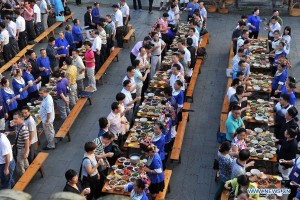Food and drug safety in China is “grim” and will get stronger oversight, the food and drug regulator said on Wednesday, after a series of scares last year hit the reputations of global firms such as McDonald’s Corp and Wal-Mart Stores Inc.
 The China Food and Drug Administration has struggled to control a string of high-profile scandals over the years, from donkey meat products tainted with fox, heavy metals in baby food and allegations of expired meat sold to fast-food chains.
The China Food and Drug Administration has struggled to control a string of high-profile scandals over the years, from donkey meat products tainted with fox, heavy metals in baby food and allegations of expired meat sold to fast-food chains.
“We must soberly recognise the current foundations of China’s food and drug safety are still weak, with new and old risks together creating a grim situation,” the regulator said in a statement on its website after a meeting in Beijing this week.
China will increase “active” regulation to prevent food and drug safety scares, with more on-site inspections, random tests and unannounced visits, the regulator said. The quality of personnel, legal structures, management methods and technological aspects were all currently insufficient, it said.

